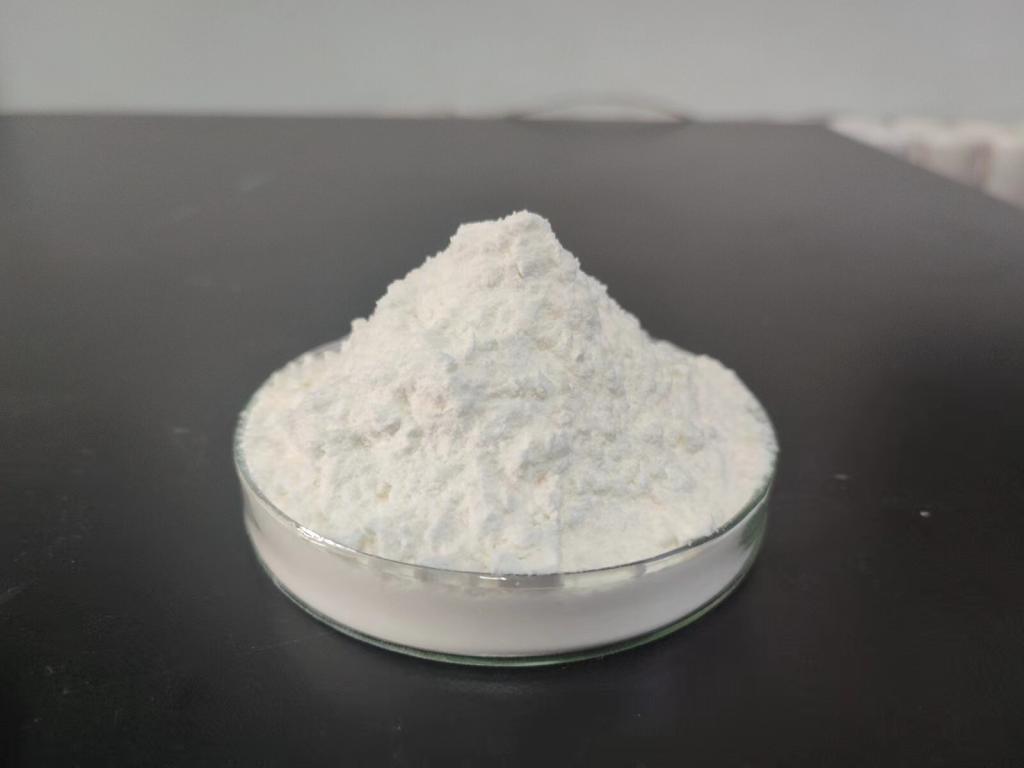Tel:+8618231198596

News
 CONTACT
CONTACT
 CONTACT
CONTACT
- Linkman:Linda Yao
- Tel: +8618231198596
- Email:linda.yao@dcpharma.cn
- Linkman:CHARLES.WANG
- Department:Overseas
- Tel: 0086 0311-85537378 0086 0311-85539701
News
Current Position:
Home >
News
>The production of ε-Polylysine hydrochloride through fermentation processes aligns.
The production of ε-Polylysine hydrochloride through fermentation processes aligns.
TIME:2024-03-20
Fermentation Process for ε-Polylysine Production:
The production of ε-polylysine hydrochloride involves fermentation processes using microbial strains capable of synthesizing the polymer. Typically, bacteria such as Streptomyces albulus or Corynebacterium glutamicum are employed as production hosts due to their ability to produce high yields of ε-polylysine. During fermentation, these microorganisms utilize renewable carbon sources such as glucose or molasses as substrates, converting them into ε-polylysine through enzymatic reactions. The fermentation process is highly efficient and can be optimized for large-scale production, making it a sustainable approach to ε-polylysine manufacturing.
Environmental Benefits:
The production of ε-polylysine hydrochloride through fermentation processes offers several environmental benefits. Firstly, fermentation utilizes renewable carbon sources derived from agricultural by-products or waste streams, reducing reliance on fossil fuels and minimizing environmental impact. Additionally, the biodegradability of ε-polylysine ensures that it does not persist in the environment, further mitigating potential ecological harm. Furthermore, fermentation processes produce fewer greenhouse gas emissions compared to conventional chemical synthesis methods, contributing to climate change mitigation efforts.
Applications of ε-Polylysine Hydrochloride:
ε-Polylysine hydrochloride finds numerous applications across various industries due to its antimicrobial properties and biocompatibility. In the food industry, it is used as a natural preservative to inhibit the growth of spoilage microorganisms and extend the shelf life of perishable products. Additionally, ε-polylysine is employed in pharmaceuticals as an antimicrobial agent in topical formulations and drug delivery systems. Moreover, it has applications in cosmetics, agriculture, and biomedical research, highlighting its versatility and wide-ranging utility.
Challenges and Considerations:
Despite its environmental benefits and diverse applications, the production of ε-polylysine hydrochloride via fermentation processes is not without challenges. One of the primary challenges is the optimization of fermentation conditions to maximize ε-polylysine yield and purity while minimizing production costs. Additionally, the downstream processing of ε-polylysine, including purification and recovery, can be complex and energy-intensive, requiring efficient separation techniques. Furthermore, regulatory considerations and consumer acceptance of ε-polylysine as a natural additive may influence its market adoption.
Future Prospects:
As the demand for sustainable and natural ingredients continues to grow, ε-polylysine hydrochloride holds significant promise as a versatile and eco-friendly additive. Advances in fermentation technology, strain engineering, and downstream processing are expected to enhance the efficiency and sustainability of ε-polylysine production. Moreover, increased consumer awareness of environmental issues and regulatory incentives for sustainable manufacturing practices may further drive the adoption of ε-polylysine in various industries. By leveraging biotechnological innovations, we can unlock the full potential of ε-polylysine as a sustainable solution for food preservation, pharmaceuticals, and beyond.
Conclusion:
The production of ε-polylysine hydrochloride through fermentation processes exemplifies the principles of sustainable manufacturing, offering a renewable and eco-friendly alternative to synthetic additives. By harnessing the power of microbial fermentation, we can produce ε-polylysine from renewable carbon sources while minimizing environmental impact. With its diverse applications and environmental benefits, ε-polylysine has the potential to revolutionize multiple industries and pave the way towards a more sustainable future. As we continue to innovate and optimize ε-polylysine production processes, we move closer to realizing the vision of a circular and resource-efficient economy.
- Tel:+8618231198596
- Whatsapp:18231198596
- Chat With Skype







